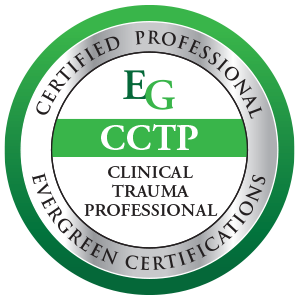From Teens to Young Adults: Supporting the Transition
Transitioning from childhood to adulthood can be a very difficult journey for teens and young adults.
As they move into adulthood, young people are forced to the task of learning how to take care of themselves and their responsibilities in order to succeed. This transition is often filled with uncertainty and anxiety as they try to figure out who they are and what direction their lives will take.
The good news is that there are several ways that parents, teachers, mentors, or other support systems can help guide them through this process of self-discovery.
Here are some tips on how you can best assist your teen during the transition to young adulthood:
1) Encourage Independence: Help your teen develop essential skills, like problem solving and weighing the Pros and Cons, by giving them opportunities for autonomy over decisions related to school or work projects; this will help give them confidence when it comes time for more important life decisions later on down the road.
2) Listen, Ask, and Offer Support: Listen to your teen as they work on coming up with strategies to solve a problem, so that you have a better understanding of how they are interpreting the situation. Ask them about their expectations and what they imagine they will need to address the problem. Provide support without being overly controlling or offering solutions; share your insight, but let your teen make their own choices, so that they can learn from mistakes instead of relying too heavily on others’ opinions all the time.
3) Be available: Teens and young adults may feel overwhelmed at times due to not only feeling uncertain about life choices and/or how to reach certain goals, but also facing pressure from peers and society in general (e.g. college, career, moving out, family). Try to make sure that you’re available if they need someone to listen or check in with to talk things out. Often they are already feeling worried about “burdening” their parents with what they feel like are “their own problems,” so normalizing and validating can go a long way!
4) Connect with Resources: There are plenty of online tools such as career counselors, budget calculators, or financial advisors that could provide helpful information regarding job search strategies, budgeting tips, and financial planning. Sharing and discussing these resources can be helpful during the transition, especially when conversations turn to moving off to college or moving out. It will most likely provide an eye-opening experience into the different skills required to live more independently.
5 ) Foster Relationships: Encourage positive relationships outside immediate family members by introducing them to social activities based around their interests, such as volunteer programs, community clubs, sports teams, advocacy groups, etc. These experiences will help them to build their own support network while learning valuable lessons along the way!



